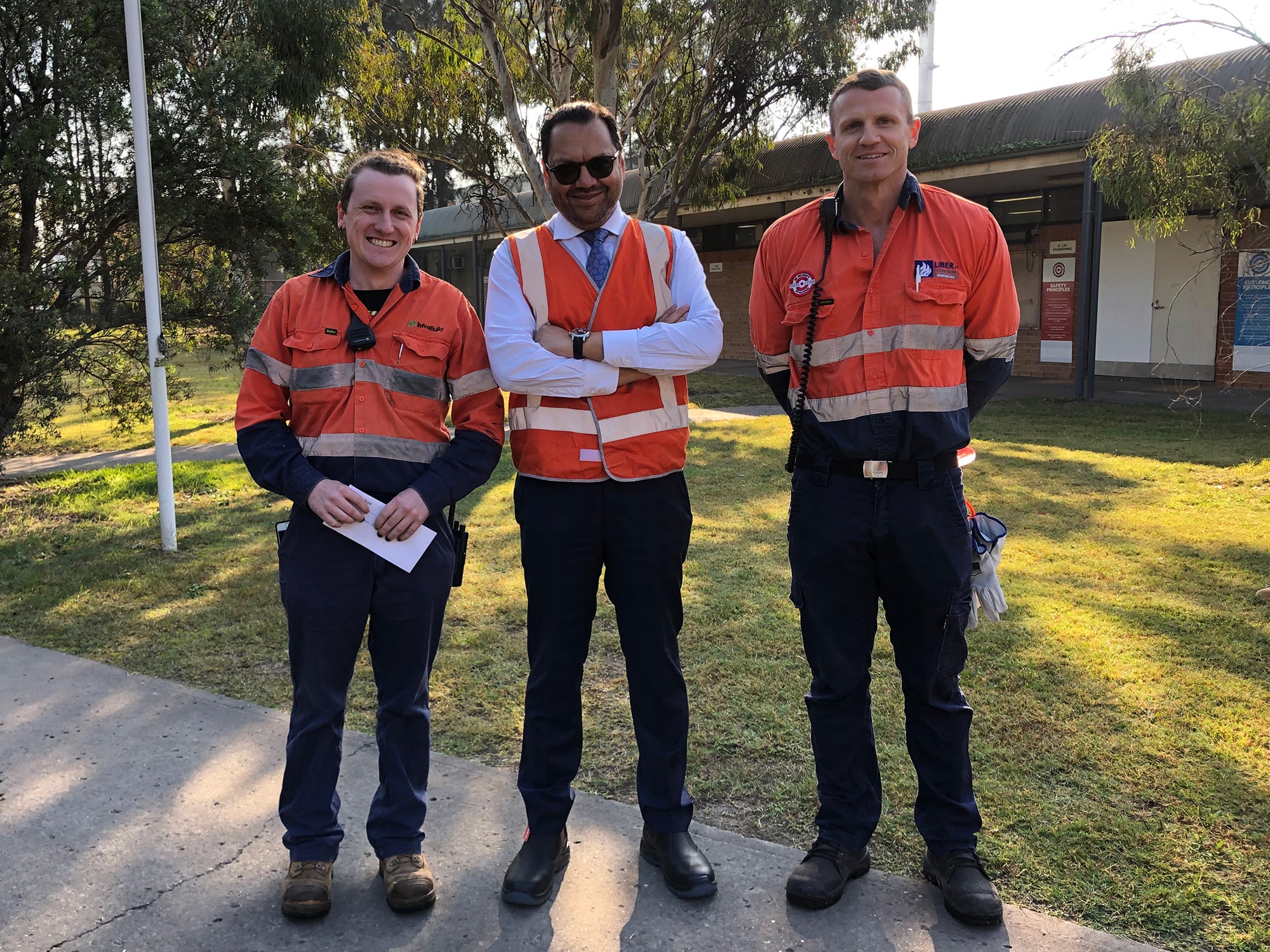
For some time I’ve been saying at InfraBuild we’ve been building back stronger from the initial impact of COVID-19, so it was pleasing to see the same ethos underpinning much of the Federal Government’s Budget released at the start of the month.
This budget clearly puts jobs growth and the national economic rebuild at the centre of focus, and the large-scale infrastructure works, construction and residential measures announced are key levers that will be used to get us there over the years ahead. At InfraBuild, as Australian largest integrated steel recycling, manufacturing and distribution business, we’re well positioned to play a key role in this journey along with our building and construction partners.
Most exciting about the measures announced is that they quite cleverly address and offset the issues at hand and provide stimulus overlaps. It’s cyclical by design.
The extension of the HomeBuilder grant will support the current momentum in residential construction for the next 18 months or so, with some additional measures providing specific support to first home buyers and single-parents with dependents as they look to re-enter the housing market.
As the stimulus measures in the residential market start to taper off, we see the ramp up of spending on infrastructure and large-scale construction works in financial year 2023. The $15.2 billion in new road, rail and community infrastructure project commitments announced in the budget will drive jobs growth over the coming decade. As a domestic supplier of essential steel and manufactured steel products, InfraBuild will be a key enabler of this.
Population projections currently show Australia can expect to see a return to pre-pandemic levels of migration and overall population growth in about 4-5 years’ time, with borders and international travel expected to re-open as nations work to complete mass public inoculation programs. I think, given Australia’s success in suppressing and managing the COVID-19 threat to date, there is heightened interest and confidence in our country generally, and it would not surprise me to see our country becoming a destination of choice for immigrants and companies alike from Europe and the US in the years ahead, providing the economy and our population with further stimulus. I can hazard a guess that as population growth rises we may see a return in demand of higher-density residential and apartment construction at that time.
The increased activity in the years ahead will need a growing, skilled workforce. While the extension of JobTrainer and the focus on creating new apprenticeships and training places are welcome, I fully support the call of industry bodies and associations – such as the Housing Industry Association – that have highlighted the ongoing importance of investing in skills and training to support Australia’s productivity into the future.
It’s also very encouraging to see measures related to how businesses can evolve and develop more inclusive and diverse workforces. Changes to child-care subsidies will assist more families to balance caring needs of young children and make it easier, in particular, for more women to return or enter the workforce. It’s something we’ve been looking at for some time at InfraBuild, and I’m very pleased to see our Women’s Network – established at the start of this year to promote a more inclusive, diverse and respectful workforce – go from strength to strength.
With these budget measures, and the ongoing strong performance of our business, InfraBuild is looking forward to continuing to provide solutions for commercial and residential construction, large scale and nation-building infrastructure, our primary producers and rural sectors, to build a stronger, modern Australia.
Please contact us for any feedback or media enquiries about this content.
Subscribe to the
InfraBuild newsletter
Receive regular updates on news, case studies as well as the latest products and services.
